The Road to Ubar: Finding the Atlantis of the Sands
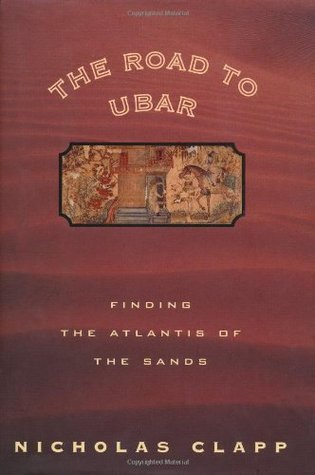
Summary
The most fabled city in ancient Arabia was Ubar, described in the Koran as "the many-columned city whose like has not been built in the entire land." But like Sodom and Gomorrah, Ubar was destroyed by God for the sins of its people. Buried in the desert without a trace, it became known as "the Atlantis of the Sands." Over the centuries, many searched for it unsuccessfully, including Lawrence of Arabia, and skepticism grew that there had ever been a real place called Ubar. Then in the 1980s Nicholas Clapp stumbled on the legend. Poring over ancient manuscripts, he discovered that a slip of the pen in a.d. 1460 had misled generations of explorers. In satellite images he found evidence of ancient caravan routes that were invisible from the ground. Finally he organized two expeditions to Arabia with a team of archaeologists, geologists, space scientists, and adventurers. After many false starts, dead ends, and weeks of digging, they uncovered a remarkable walled city with eight towers
Similar Books
-
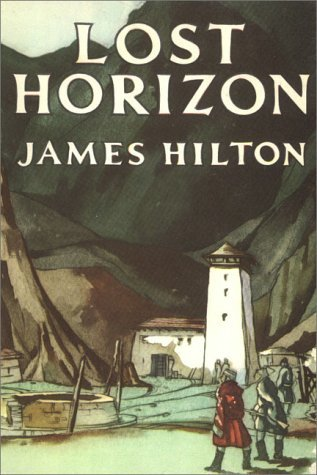 Lost Horizon
Lost Horizonby James Hilton
-
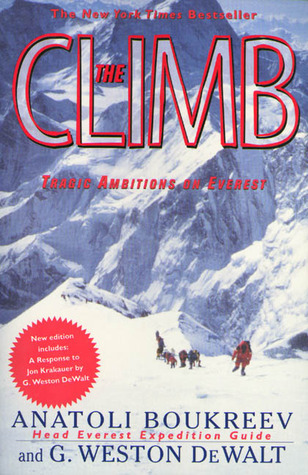 The Climb: Tragic Ambitions on Everest
The Climb: Tragic Ambitions on Everestby Anatoli Boukreev
-
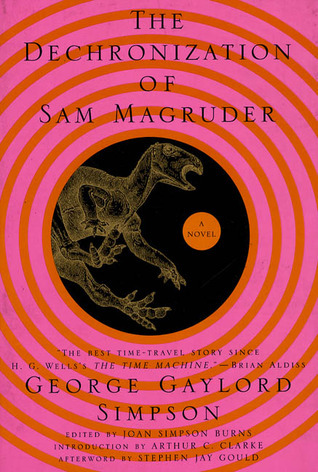 The Dechronization of Sam Magruder
The Dechronization of Sam Magruderby George Gaylord Simpson
-
 The Wildest Dream: The Biography of George Mallory
The Wildest Dream: The Biography of George Malloryby Peter L. Gillman
-
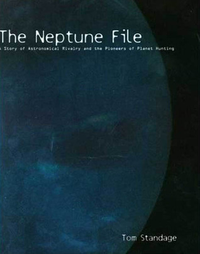
-
 To the Poles Without a Beard
To the Poles Without a Beardby Catharine Hartley
-
 Chris Bonington's Everest
Chris Bonington's Everestby Chris Bonington
-

-

-
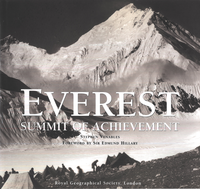 Everest: Summit of Achievement
Everest: Summit of Achievementby The Royal Geographic Society
-
 The End of the Dinosaurs: Chicxulub Crater and Mass Extinctions
The End of the Dinosaurs: Chicxulub Crater and Mass Extinctionsby Charles Frankel
-
 The Climbers: A History of Mountaineering
The Climbers: A History of Mountaineeringby Chris Bonington
-
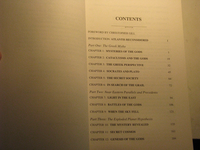 The Atlantis Secret: A Complete Decoding of Plato's Lost Continent
The Atlantis Secret: A Complete Decoding of Plato's Lost Continentby Alan F. Alford
-
 Everest Pioneer The Photographs of Captain John Noel
Everest Pioneer The Photographs of Captain John Noelby Sandra Noel
-
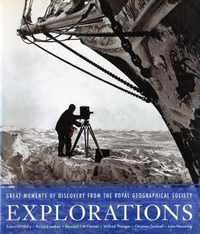 Explorations: Great Moments of Discovery from the Royal Geographical Society
Explorations: Great Moments of Discovery from the Royal Geographical Societyby Royal Geographical Society
-
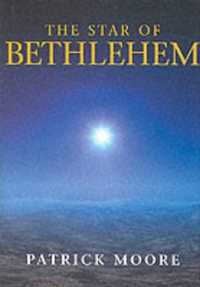 Star of Bethlehem
Star of Bethlehemby Patrick Moore
-
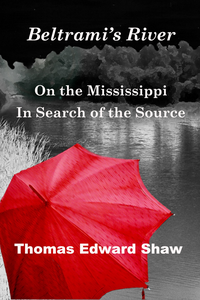 Beltrami's River: In Search of the Source
Beltrami's River: In Search of the Sourceby Thomas Edward Shaw
-
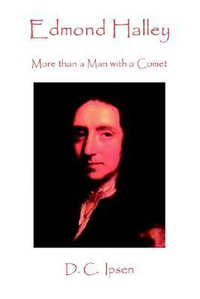 Edmond Halley: More Than A Man With A Comet
Edmond Halley: More Than A Man With A Cometby David Carl Ipsen